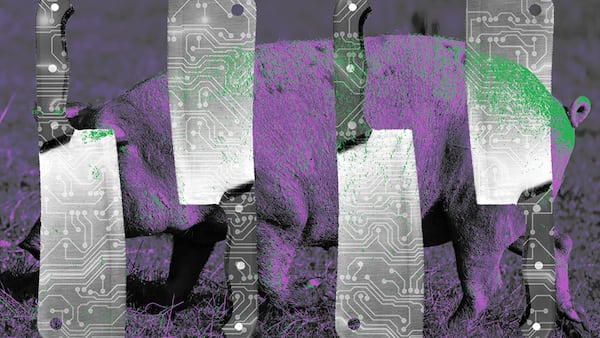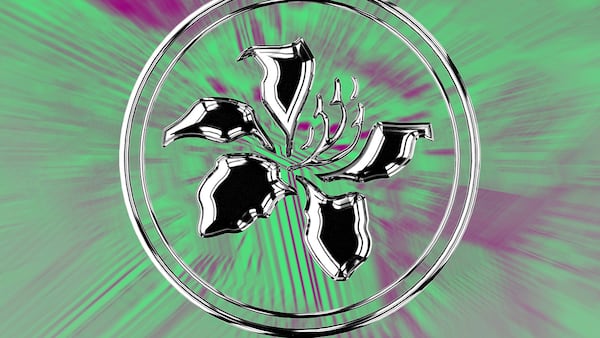- Banks invested in blockchains to leapfrog the difficulties of creaking legacy database architecture.
- But major blockchain projects have so far failed to catch on at scale.
- Tokenisation is the latest buzzword on Wall Street, and a possible use for these centralised blockchains.
- Regulators are stepping in to help financial firms experiment with tokenised securities like stocks and bonds.
A version of this story appeared in our The Guidance newsletter. If you want to read this or our other newsletters before your friends do, don’t hesitate to sign up.
To borrow an analogy from Clueless heroine Cher Horowitz, big banks’ technology systems are “a Monet.”
It’s like a painting, see? From far away — on the front end — they’re ok. But up close, they’re a big old mess.
As banks have grown, they’ve developed into sprawling businesses serviced by isolated centralised databases that — to borrow another Clueless quote — don’t mesh well. Data gets stuck in silos, and that’s a problem.
Data ideally should flow on-demand across the organisation, with permissions in place, and in the right format. That’s especially urgent now, as machine learning and analytics tools promise all kinds of new profit avenues.
But that’s difficult when data is effectively locked up in a centralised vault.
What’s a bank to do? You can buy or build enterprise data management systems, but that’s expensive and might just end up adding more complexity. Executives don’t want to approve projects like that, because if they fail, whoever was behind them is on the hook.
About a decade ago, when word spread about this new tech called a blockchain, big banks got excited. This was essentially just another kind of database, they thought, but without the limitations of relying on centralised architecture.
Consortiums pumped funding into businesses like R3 and Digital Asset.
But in 2023, banks and financial services at large have struggled to make enterprise blockchains work. Blockchain doesn’t scale well, it’s expensive to shift to a new technology of any kind, and the entire point of decentralisation is entirely defeated by the fact that no bank on earth wants to share competitive data with its peers.
Many banks don’t even call it “blockchain.” Instead, it’s “permissioned digital ledger” — closed databases with access controls.
High-profile blockchain projects have stalled. The Australian Securities Exchange’s much-vaunted replacement of its settlement platform with blockchain was cancelled late last year, after its tech provider Digital Asset identified scalability and resiliency issues.
The US’s clearinghouse, the Depository Trust and Clearing Corporation, offered blockchain capabilities as part of its post-trade services. No one is using them.
DL News’ Eric Johansson has a great interview with R3′s David Rutter, who says it is a struggle to convince banks that distributed ledgers are the way to upgrade the creaking infrastructure of Wall Street.
“If you’re going to put in new plumbing, new streets, you have to rip everything up. It’s just really, really hard,” Rutter told Eric.
But there’s still a ton of momentum and investment behind blockchain in finance. It’s been boosted recently by the hype around tokenisation — managing securities like stocks or bonds on the blockchain.
Rutter says finance is pushing hard into tokenisation. Citigroup, for instance, said last week it plans to use tokens for cash management and trade finance.
Where do regulators come in? Is tokenisation another over-hyped development in blockchain’s slow failure to bring value to finance, or is it transformative?
Heavily-regulated banks and financial markets infrastructure firms need to test these concepts out. And regulators are getting on board.
British and European authorities, as well as the Securities and Exchange Commission, have created sandboxes to test out how trading digital securities might work.
So if blockchains can, after all, transform the creaking systems of banks, regulators are key to the process.
Are you going to be at Blockchain Europe this week? Keep a look out for DL News Brussels correspondent Inbar Preiss.
Inbar is having a fireside chat with Cardano Foundation CEO Frederik Gregaard on Tuesday and moderating a panel on blockchain sustainability on Wednesday. Also available online.
Email me on joanna@dlnews.com or Telegram @joannallama.





